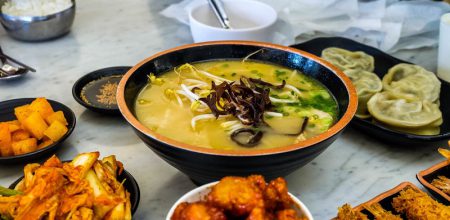The Tridosha System
Doshas (also called Tridosha) are the three vital energies in Ayurveda and simplify the rather complex system of the five elements (fire, water, earth, ether and air, ) that the sages used to explain the ayurvedic principles. They are the basis of any system in nature. Every…













